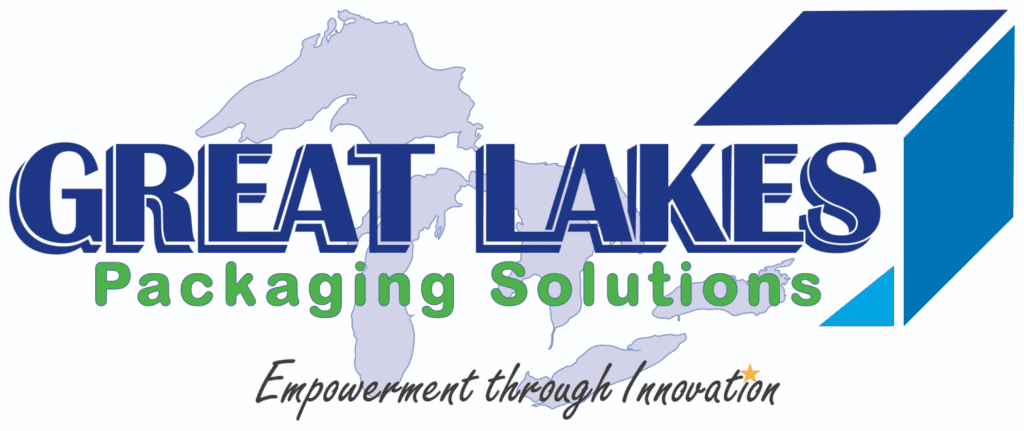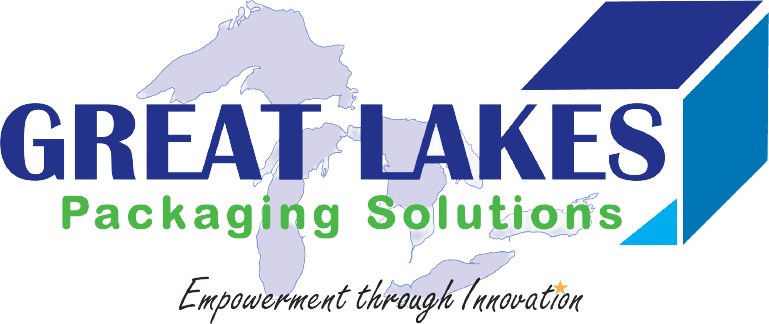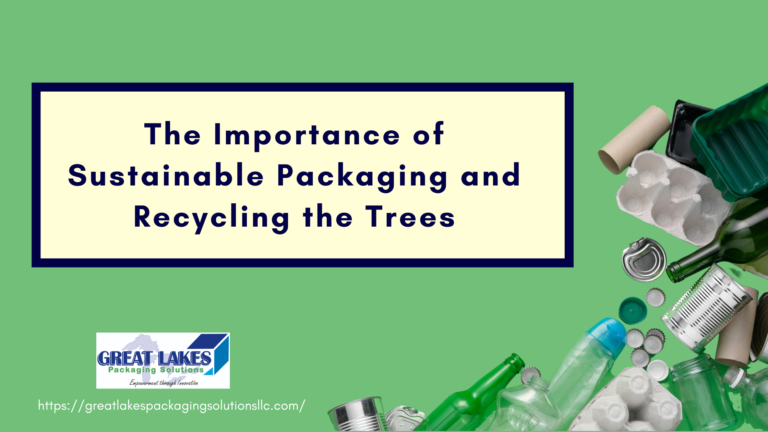In today’s world, the importance of sustainable packaging has become increasingly evident. As our planet faces the pressing issue of excessive waste accumulation, it has become crucial for individuals, businesses, recyclers, and policymakers to join forces in finding solutions. Recycling plays a vital role in mitigating environmental damage caused by packaging waste. However, it is not without its challenges. Yet, in the face of these obstacles, there is reason for hope and optimism.
By embracing sustainable packaging solutions, we can overcome these recycling challenges and pave the way for a more eco-conscious future. This article aims to shed light on these challenges and inspire individuals and organizations alike to take actions that will make a positive impact on our planet.
Challenges in Recycling: Overcoming Obstacles for a Greener Future
One of the key challenges in recycling is the lack of uniformity in packaging materials. Different manufacturers use different types of materials for their packaging, making it difficult for recycling facilities to effectively sort and process them.
For example, some products come in multi-layered packaging, which is often made up of different materials that cannot be easily separated for recycling. This variability in packaging materials poses a significant hurdle for recyclers, as it requires them to invest in sophisticated sorting technology and processes.
Variability in Packaging Materials: A Hurdle for Recycling Facilities
Different manufacturers use different types of materials for their packaging, such as plastic, glass, or paper-based materials. This lack of uniformity makes it challenging for recycling facilities to efficiently sort and process the packaging waste.
For instance, multi-layered packaging, often composed of different materials like plastics and aluminum, poses difficulties in separation and recycling. These variations in packaging materials create complexities in the recycling process and necessitate advanced sorting technologies and systems.
Contamination: Addressing the Issue of Non-Recyclable Waste
Despite efforts to educate the public on proper recycling practices, contamination remains a significant challenge. Non-recyclable items, such as food waste or non-recyclable plastics, often find their way into recycling bins, contaminating the recyclable materials.
Contamination not only reduces the quality of recycled materials but also hampers the efficiency of recycling processes. Effective education and awareness campaigns are essential to address this challenge and ensure proper sorting practices.
Limited Infrastructure: Enhancing Access to Recycling Facilities
Accessibility to recycling facilities can be a challenge, particularly in rural and underprivileged communities. Limited infrastructure and the absence of convenient recycling options can hinder recycling efforts.
The lack of recycling facilities in these areas may lead to a higher percentage of waste being sent to landfills instead of being recycled. To overcome this challenge, it is crucial to invest in expanding recycling infrastructure and providing accessible recycling programs to all communities.
Sustainable Packaging Solutions: Leading the Way to a Circular Economy
One solution to address the challenges of recycling lies in adopting sustainable packaging practices. By embracing sustainable packaging solutions, we can reduce waste and minimize the environmental impact of packaging materials. A key aspect of sustainable packaging is the use of biodegradable and compostable materials.
These materials break down naturally over time, reducing their impact on the environment and facilitating the recycling process. Additionally, sustainable packaging solutions often prioritize the use of renewable resources and promote eco-friendly manufacturing practices.
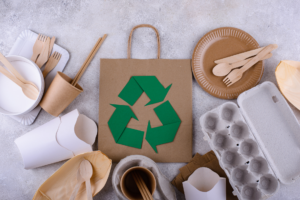
Biodegradable and Compostable Materials: A Path to Eco-Friendly Packaging
Biodegradable and compostable materials offer an eco-friendly alternative to traditional packaging materials. Made from renewable resources like plant-based fibers or starches, these materials are designed to break down naturally in composting conditions. Biodegradable materials decompose into natural elements without leaving behind harmful residues.
Compostable materials provide a valuable source of organic matter that can enrich the soil and support sustainable agricultural practices. Embracing biodegradable and compostable materials in packaging can significantly reduce the environmental impact of waste and facilitate the recycling process.
Extended Producer Responsibility (EPR): Holding Manufacturers Accountable
Extended Producer Responsibility (EPR) is a policy approach that holds manufacturers accountable for the entire lifecycle of their products, including packaging. EPR programs incentivize manufacturers to adopt sustainable packaging practices by making them responsible for the collection, recycling, or proper disposal of their packaging waste.
By shifting the responsibility to the producers, EPR programs encourage eco-design, promote the use of recyclable materials, and drive innovation in sustainable packaging solutions. Implementing EPR programs can significantly improve recycling rates and reduce waste in the long run.
Education and Awareness: Empowering Individuals for Effective Recycling
Educating individuals on the importance of recycling and proper sorting practices is crucial for effective recycling. Public awareness campaigns can play a vital role in promoting recycling behaviors and reducing contamination.
Educational initiatives can focus on raising awareness about recycling best practices, the impact of packaging waste on the environment, and the benefits of sustainable packaging solutions. By empowering individuals with knowledge and understanding, we can foster a culture of responsible consumption and recycling.
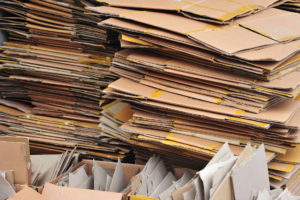
Embracing the Circular Economy: Redefining Our Approach to Waste
In addition to sustainable packaging solutions, adopting a circular economy approach is fundamental to address the challenges of recycling. The circular economy aims to minimize waste and maximize resource efficiency by keeping products and materials in use for as long as possible.
This approach involves designing products for durability, repairability, and recyclability. By prioritizing recycling and incorporating it into the broader framework of a circular economy, we can create a more sustainable and resilient system that reduces the extraction of natural resources and minimizes waste generation.
Innovative Recycling Methods: Tackling Challenging Materials
To enhance recycling efforts, innovative recycling methods are being developed to address the challenges of recycling complex materials. Advanced technologies such as chemical recycling and mechanical separation techniques enable the recycling of materials that were previously difficult to process.
Chemical recycling converts plastic waste back into its basic components, allowing for the creation of new plastic products. Mechanical separation methods use advanced sorting technologies to efficiently separate and process different types of packaging materials.
By investing in research and development of innovative recycling technologies, we can overcome the challenges posed by complex materials and increase recycling rates.
Economic and Environmental Benefits of Recycling
Recycling offers significant economic and environmental benefits. By reducing the need for extracting and manufacturing new materials, recycling conserves natural resources and reduces energy consumption. It also contributes to the reduction of greenhouse gas emissions associated with traditional production processes.
Recycling programs can create job opportunities, particularly in the collection, sorting, and processing stages. By investing in recycling infrastructure and supporting local recycling initiatives, we can stimulate economic growth and create green jobs that contribute to sustainable communities.
Job Creation and Local Impact: Building Sustainable Communities
Recycling programs not only contribute to environmental sustainability but also have positive social and economic impacts. By investing in recycling infrastructure and supporting local recycling initiatives, we can create job opportunities in the collection, sorting, processing, and recycling sectors.
These green jobs not only provide employment but also contribute to the development of sustainable communities. Additionally, recycling programs can enhance community engagement and cooperation, fostering a sense of environmental responsibility and pride.
Collaboration and Action for a Greener Future
While the challenges of recycling are significant, the shift towards a circular economy offers a holistic approach to address these obstacles. By embracing sustainable packaging solutions, implementing extended producer responsibility programs, promoting education and awareness, and incorporating recycling into the broader concept of a circular economy, we can make significant progress towards a greener and more sustainable future.
It is not only the responsibility of individuals but also businesses, recyclers, and policymakers to take action and collaborate in creating a more efficient, effective, and environmentally friendly recycling system. Together, we can build a world where waste is minimized, resources are valued, and the planet thrives.
